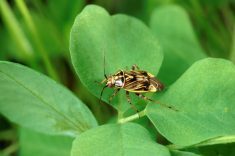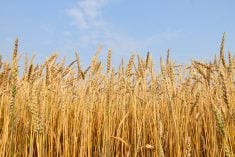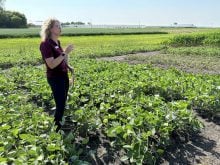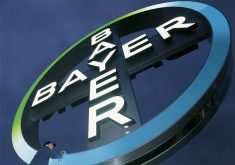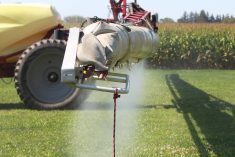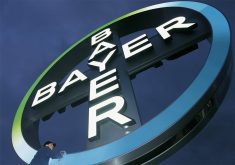Kellogg’s wants farmers to stop using glyphosate prior to harvest.
The maker of iconic cereal brands like Corn Flakes and Froot Loops has taken this position as part of a larger program to reduce pesticide use within its supply chain.
“We continue to evolve and strengthen our sustainable agriculture and responsible sourcing programs,” a Kellogg’s spokesperson said in an email.
That includes a goal of no glyphosate, prior to harvest.
“(We are) phasing out pre-harvest desiccation with glyphosate in our wheat and oat supply chains in our major markets — which includes the U.K., France, the U.S., Canada, Mexico and Australia — by the end of 2025.”
Read Also
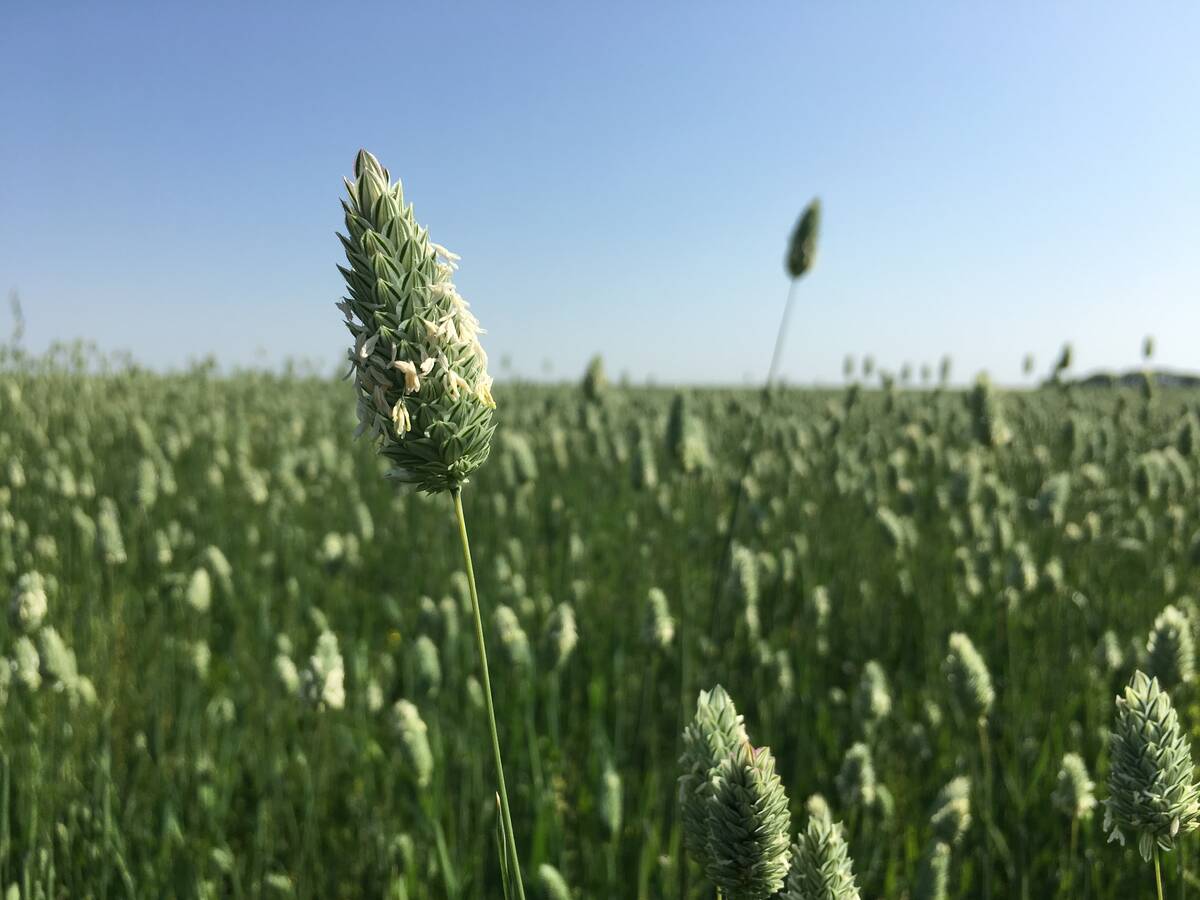
No special crop fireworks expected
farmers should not expect fireworks in the special crops market due to ample supplies.
Kellogg’s hasn’t publicized its position on glyphosate. There isn’t a news release on the Kellogg’s website. But on a question and answer page within a Kellogg’s website, openforbreakfast.com, there’s a comment about pre-harvest glyphosate.
“We know that some consumers have questions about the use of the herbicide glyphosate (also known by its brand name Roundup) as a drying agent a few weeks before harvest, particularly with wheat and oats. This practice is done by some farmers in certain circumstances — like harvesting the crop more quickly if weather is challenging,” Kellogg’s says.
As You Sow, a shareholder advocacy group based in California, said Kellogg’s made the decision to appease shareholders because the herbicide is a threat to the company. Many consumers are concerned about glyphosate residues in food, particularly oatmeal, granola bars and cereal.
“Kellogg’s failure to address pesticide use in its supply chains creates legal and reputational risk,” As You Sow said. “Consumer advocates have recently called out food companies for glyphosate residues in common food products, including Kellogg’s products, and consumer lawsuits have targeted manufacturers of foods containing such residues.”
As You Sow has been pressuring Kellogg’s since 2017 to eliminate the practice of applying pre-harvest glyphosate on supplier farms.
“Investor pressure helped move Kellogg’s to make this important commitment,” As You Sow said Jan. 28 in a news release.
The use of pre-harvest glyphosate on crops like wheat and oats has become highly controversial. In 2015, the World Health Organization’s International Agency for Research on Cancer (IARC) classified glyphosate as probably carcinogenic to humans. Hundreds of toxicologists denounced the IARC decision as flawed and biased.
Regulatory bodies around the world, including Health Canada, the European Food Safety Authority and the U.S. Environmental Agency, have reviewed the safety of glyphosate and concluded it is not a carcinogen.
“No pesticide regulatory authority in the world currently considers glyphosate to be a cancer risk to humans at the levels at which humans are currently exposed,” Health Canada said in January 2019.
Regardless, the IARC decision spawned lawsuits in the U.S. and several class action suits in Canada.
Claimants say exposure to glyphosate contributed to them getting cancer.
In the U.S. alone, there are more than 18,000 lawsuits related to the safety of glyphosate.
Kellogg’s isn’t the only food company trying to reduce pesticide use in agriculture.
General Mills has asked farmers who produce oats, wheat, sugar, soybeans and other commodities to cut their use of pesticides.
“We can see the trends. Consumers want less pesticide in their food,” said John Wiebold, General Mills vice-president for North American direct material sourcing. “They want less things in their food that shouldn’t be there.”
Contact robert.arnason@producer.com




